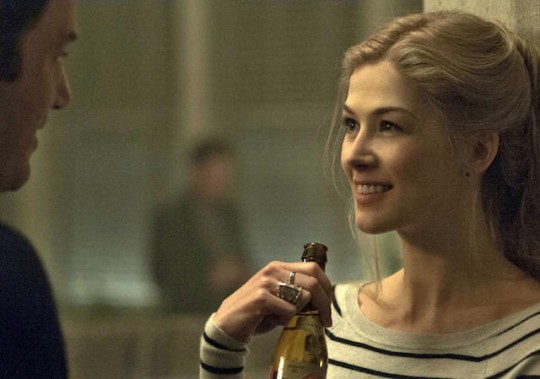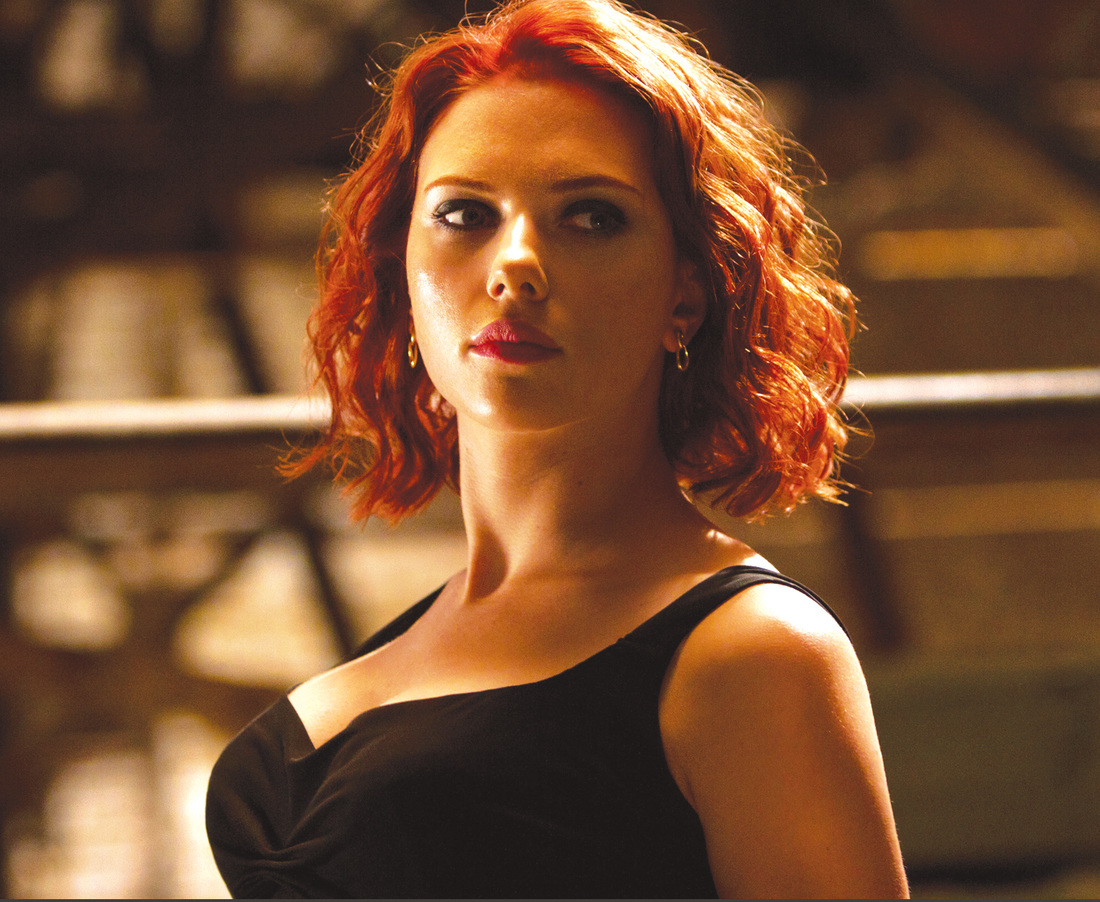
In 2012, Gillian Flynn changed the definition of "cool girl" when she released her twisty thriller novel "Gone Girl." The New York Times bestseller (and subsequent 2014 Oscar-nominated film adaptation by David Fincher) had many memorable moments, but one stuck out in the collective consciousness: Amy Dunne's vitriolic rant against a new kind of "cool girl." The "cool girls" Amy hates walk the tightrope of gender roles with ease: conventionally feminine and classically beautiful in appearance, but with masculine interests and bearing. They have voracious physical and sexual appetites, and never let anything bother them. Even major annoyances just roll off their backs - refreshing to a man used to "nagging" females. Most importantly, "cool girls" are an elaborate fiction, a persona adopted by desperate women to "catch" men - and it works! Just as Amy calls out the "cool girls" for being fake, she cuts down men for falling for the trick every time.
In reality, Flynn only labeled a concept that existed long before either version of "Gone Girl." Women changing themselves to please men occurs all too often in real life, and it happens on the big screen, too. Tess, Malin Ackerman's character in 27 Dresses (Fletcher 2008) pretends to be a "recent vegetarian" to woo her sister's boss. Mean Girls' Cady Heron (Lindsey Lohan) dumbs down her math skills so her crush, Aaron Samuels (Johnathan Bennett) will tutor her. Even Amy Dunne (Rosamund Pike) succumbs to the trend.
Works Cited
Osterndorf, Chris. "Is the "Cool Girl" the New "Manic Pixie Dream Girl?" The Daily Dot. 18 July 2014. Web. 17 Feb 2016.



 RSS Feed
RSS Feed
